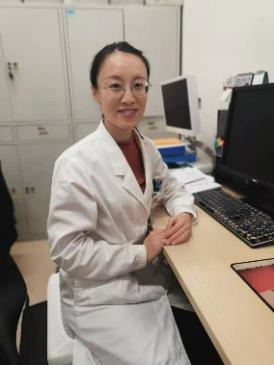
Li Shen






Research and development of renal denervation with Cryoablation for the treatment of cardiovascular diseases
Junbo GE, MD, PhD, Li Shen, MD, PhD, Yizhe WU, MD, PhD, Zhiqiang PEI, MD, Meng JI, MD, PhD and Han Chen, Zhongshan Hospital, Fudan University; Shanghai Institute of Cardiovascular Diseases
Cardiovascular disease (CVD) has a serious impact on human health around the world, the elderly especially. It brings great burden and challenge to global public health work. In disease control, exploring ways to inhibit the overactivation of sympathetic nerve system (SNS) and the renin-angiotensin-aldosterone (RAS) system has long been a priority and hot field.
Recently, studies related to renal denervation (RDN) have made some progress in the treatment of CVD such as hypertension, heart failure, arrhythmia, metabolic syndrome, etc. Radiofrequency and ultrasonic ablation are the most studies energy sources but controversial in terms of stability, reliability, and efficacy.
Cryoablation, as an energy resource, has been experimentally used in areas such as oncology and atrial fibrillation. It has the characteristics of short action time, more thorough ablation and higher safety. Therefore, we designed the world's first cryoablation system for renal denervation (cryo-RDN) and verified the short-term safety and effectiveness of the cryo-RDN by large animals.
We plan to carry out a series of pre-market clinical studies to further explore the long-term safety and effectiveness of cryo-RDN in hypertension patients, and screening of high-responsive patients. While expanding indications to other CVDs, we hope to provide a viable solution for global health, especially for elder people.